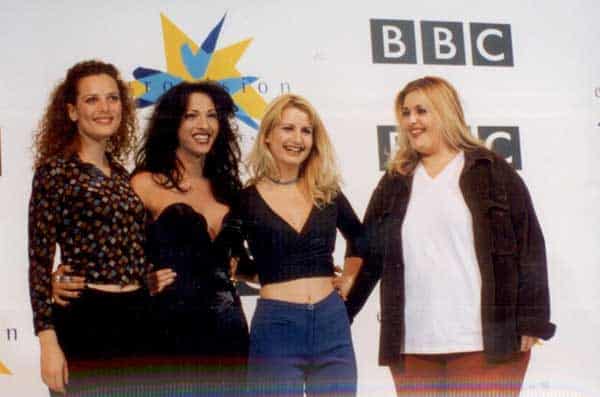In 2019, Israel made history by hosting the Eurovision Song Contest for the third time, marking a significant milestone in the country’s Eurovision journey. This victory underscored Israel’s status as a strong contender in the competition. Tel Aviv, serving as the host city for the first time, left an indelible mark on viewers, showcasing both the city and the nation in a memorable light. Despite facing various challenges, the newly established Israeli broadcaster KAN managed to deliver an unforgettable and successful event.
Israel joined the Eurovision Song Contest in 1973, marking its debut with the entry “Ey-Sham” performed by Ilanit, which achieved an impressive fourth place in Luxembourg. Since then, Israeli entries have brought a vibrant energy to the contest, often featuring captivating music, dynamic choreography, and a sense of celebration. Over the years, Israel has showcased numerous strong, outstanding, and unforgettable songs that have left a lasting impression on Eurovision audiences
Israel has gained recognition for its remarkable choreography, especially during the 1980s and 1990s, when traditional formation dances were prominently featured in Israeli Eurovision performances. These choreographic elements set Israeli contributions apart, inspiring imitation from other countries, albeit with limited success. A standout example is the “Hora” dance, also popular in Kibbutzim communities, which garnered renewed attention when it became the focal point of Israel’s 1982 entry. Sung by Avi Toledano, the song “Hora” secured second place in the contest, showcasing the fusion of traditional dance with contemporary music on the Eurovision stage.
Israel’s inaugural triumph in the Eurovision Song Contest occurred in 1978, when Izhar Cohen and the Alphabeta secured victory with their lively performance of “Abanibi” in Paris. The subsequent year, Israel had the honour of hosting the contest for the first time, with Jerusalem as the host city. Remarkably, Israel clinched another victory with the iconic song “Hallelujah,” performed by Gali Atari & Milk & Honey. However, in the year following their win, Israel opted not to participate, leading to the Netherlands stepping in as the host country for the competition.

Dana International made history with her iconic victory in the Eurovision Song Contest in 1998, captivating audiences with her anthem “Diva” in Birmingham. Notably, she became the first transgender individual to win the competition, leaving an indelible mark on Eurovision history. Fast forward twenty years later, Netta continued Israel’s legacy by triumphantly bringing the contest back to the country with her empowering song “Toy.” This two-decade victory interval between Dana International and Netta’s wins stands as a remarkable achievement for Israel, highlighting the country’s enduring impact on the Eurovision stage.

Since the introduction of Semi Finals in 2004, Israel’s presence in the Eurovision Song Contest finals hasn’t been consistent, with the country qualifying only eleven times. Nevertheless, the ESC maintains significant interest and popularity in Israel, attracting large viewership figures annually. Last year, the renowned singer Noa Kirel achieved an impressive third place with her extraordinary song “Unicorn,” captivating audiences with a fantastic stage show that left a lasting impression.
Biggest successes
1st place, Izhar Cohen and the Alphabeta with “Abanibi” (Paris 1978)
1st place, Dana International with “Diva” (Birmingham 1998)
1st place, Netta with “Toy” (Lisbon 2018)
History
- Debut: 1973
- Participations: 46
- Victories: 4
- Finals: 40 (13 since 2004)
- Chances to reach the final: 87% (65% since 2004)
- Top 10: 22 (6 since 2004)
- Chances to reach the Top 10: 48% (30% since 2004)
- Last places: 0
Video Nostalgia
Izhar Cohen with “Olé Olé”, Rank 5 (Gothenburg 1985)
Ping Pong with “Sa’me’akh”, Rank 22 (Stockholm 2000)
Sarit Hadad with “Light A Candle”, Rang 12 (Tallinn 2002)










